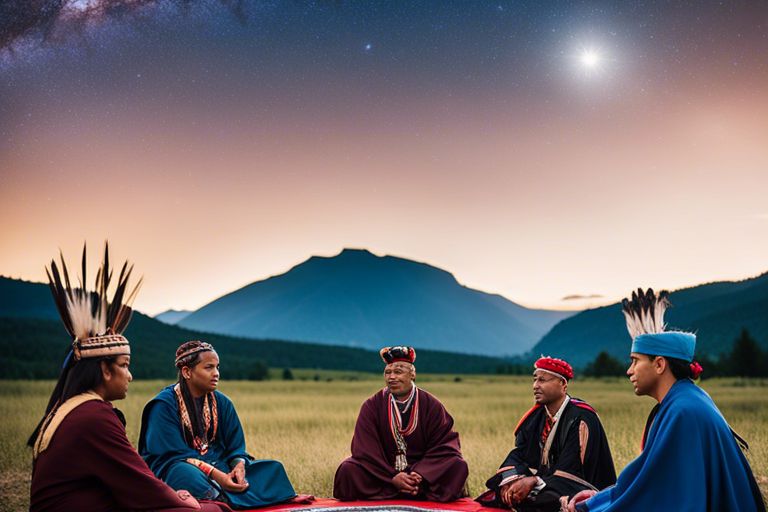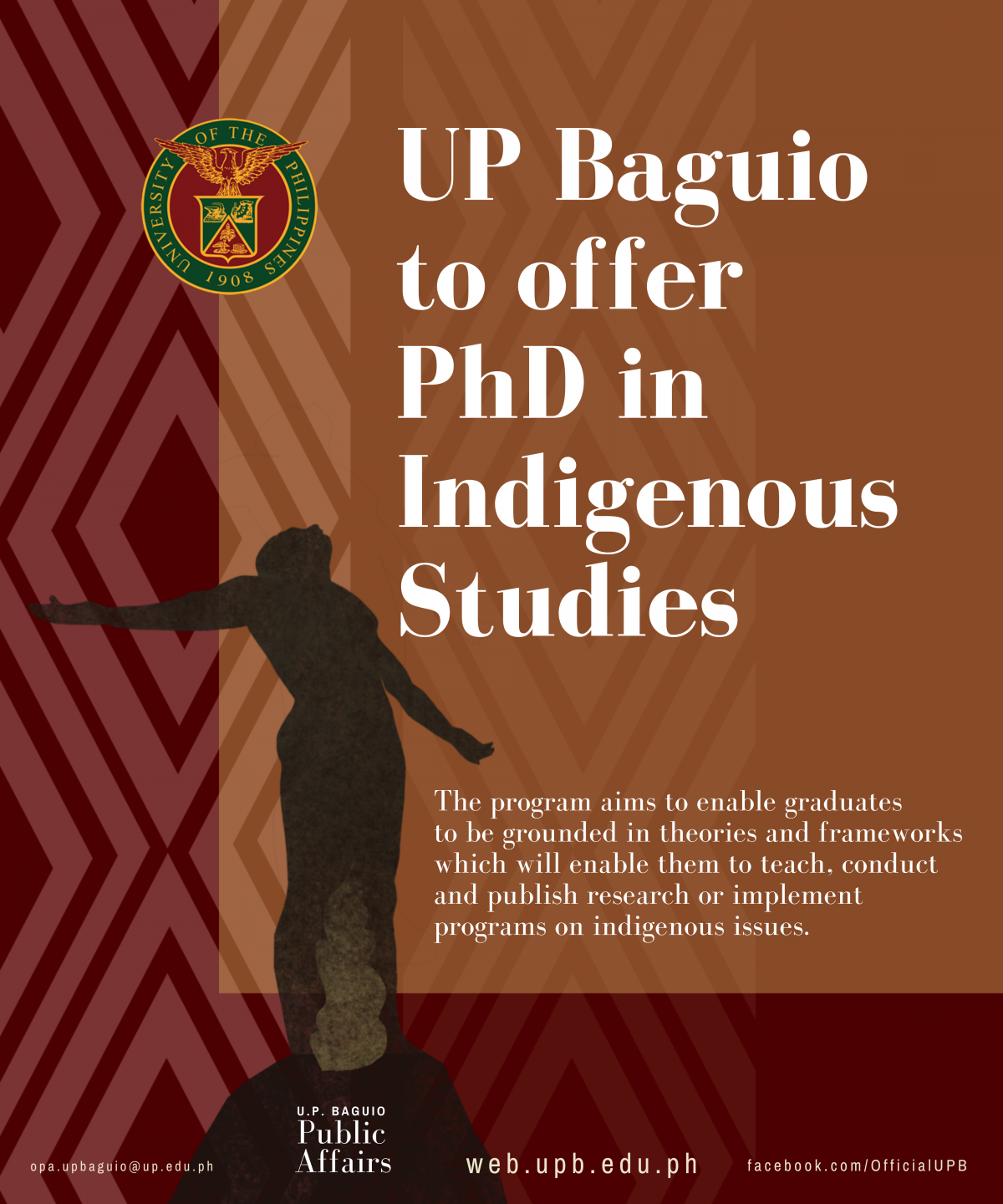
Reclaiming Narratives: PhD Research as a Catalyst for Indigenous Futures
In the hallowed halls of academia, where knowledge is traditionally constructed and disseminated, a quiet but profound revolution is underway. PhD research focused on Indigenous issues is rapidly evolving beyond mere academic interest, emerging as a critical force for decolonization, self-determination, and the forging of equitable futures. This is not just research about Indigenous peoples; it is increasingly research with, for, and by Indigenous communities, challenging entrenched power dynamics and reshaping the very purpose of scholarly inquiry.
The urgency of this shift is rooted in centuries of colonial subjugation, which systematically suppressed Indigenous knowledge systems, languages, governance structures, and ways of life. From the devastating legacy of residential schools in Canada and the United States, to the Stolen Generations in Australia, and the ongoing impacts of land dispossession globally, Indigenous communities continue to grapple with intergenerational trauma, systemic inequities, and the fight for their inherent rights. Against this backdrop, PhD research becomes more than an academic exercise; it transforms into a powerful tool for healing, advocacy, and the resurgence of Indigenous sovereignty.
Decolonizing the Academy: A New Paradigm of Inquiry
At the heart of this revolution lies the imperative to decolonize research methodologies. For too long, Western academic frameworks have been imposed upon Indigenous realities, often leading to extractive practices where researchers parachute into communities, collect data, and leave, with little benefit or reciprocity for the people studied. As the renowned Māori scholar Linda Tuhiwai Smith eloquently states in her seminal work, Decolonizing Methodologies: Research and Indigenous Peoples, "Research is not an innocent or pure activity. It is intimately tied to the processes of colonization and imperialism."
Today, PhD researchers engaging with Indigenous issues are actively dismantling these colonial legacies by adopting and developing Indigenous methodologies. These approaches prioritize relationality, respect, responsibility, and reciprocity. They emphasize community-led research, where Indigenous voices, priorities, and knowledge systems guide the entire research process, from conceptualization to dissemination. This might involve:

- Storytelling and Oral Histories: Recognizing the power of narrative as a legitimate and profound form of knowledge transmission.
- Land-Based Learning: Conducting research in direct connection with ancestral lands, acknowledging the land itself as a teacher and knowledge holder.
- Ceremonial Practices: Integrating cultural protocols and ceremonies as integral parts of the research, ensuring cultural safety and spiritual integrity.
- Participatory Action Research: Engaging community members as co-researchers, fostering capacity building and ensuring that research outcomes directly benefit the community.
Dr. Shawn Wilson (Opaskwayak Cree Nation), a leading voice in Indigenous research, underscores this shift: "Indigenous research methodologies are about doing research from an Indigenous paradigm, where our values, our ways of knowing, and our ways of being are at the forefront." This means challenging the traditional objective stance of Western science, embracing subjectivity, and acknowledging the researcher’s positionality and accountability to the community.
The Researchers: Indigenous Scholars and Dedicated Allies
The landscape of PhD research in Indigenous issues is increasingly shaped by Indigenous scholars themselves. These individuals bring an unparalleled depth of lived experience, cultural understanding, and a profound commitment to their communities. Their research is often deeply personal, driven by a desire to address specific challenges faced by their people, to reclaim lost knowledge, or to champion Indigenous ways of knowing.

However, their journey is often fraught with unique challenges. Beyond the rigorous demands of a PhD, Indigenous scholars frequently navigate cultural expectations, the burden of representation, and the emotional toll of studying the very traumas and injustices their communities have endured. They also face the ongoing pressure to bridge Western academic standards with Indigenous knowledge protocols, often having to educate their supervisors and institutions along the way.
Alongside Indigenous scholars, non-Indigenous allies play a crucial role. Their contributions are most impactful when grounded in humility, a willingness to listen, and a commitment to de-centre themselves and amplify Indigenous voices. Ethical engagement for non-Indigenous researchers means building genuine relationships, seeking explicit consent, ensuring data sovereignty, and committing to returning findings in accessible and useful formats to the communities involved. It’s about being an ally, not a savior.
A Spectrum of Inquiry: Addressing Critical Issues
PhD research in Indigenous issues spans an incredibly diverse range of disciplines, each contributing vital insights and practical solutions:
- Health and Wellness: Researchers are exploring the impacts of intergenerational trauma on mental health, developing culturally safe health interventions, and advocating for Indigenous-led healthcare models. For example, studies might investigate the efficacy of traditional healing practices in addressing addiction or the links between land-based cultural activities and improved youth well-being. Fact: Indigenous peoples globally often experience significant health disparities, including higher rates of chronic disease and lower life expectancy, directly linked to the social determinants of health rooted in colonial histories.
- Language Revitalization: With many Indigenous languages critically endangered, PhD candidates are undertaking vital work in documenting languages, developing pedagogical resources, and creating immersion programs. Their research informs policy and practice, ensuring the survival of unique worldviews embedded within these languages. Fact: UNESCO estimates that over half of the world’s 6,000-7,000 languages are endangered, with Indigenous languages disproportionately represented in this figure.
- Land, Environment, and Resource Management: Indigenous peoples are often at the forefront of climate change impacts and resource exploitation. PhD research in this area critically examines Indigenous traditional ecological knowledge (TEK) for sustainable land management, advocates for Indigenous land rights, and analyzes the environmental justice implications of resource extraction projects on Indigenous territories. This often involves legal frameworks, policy analysis, and community-based monitoring.
- Governance and Self-Determination: Scholars are exploring models of Indigenous self-governance, nation-building, treaty implementation, and the revitalization of customary law. Their work provides crucial frameworks for how Indigenous nations can assert their sovereignty and rebuild their institutions in ways that are culturally appropriate and effective.
- Education: Research focuses on developing culturally relevant curricula, addressing systemic barriers to Indigenous student success, and promoting Indigenous pedagogies within mainstream educational systems. This includes studies on the impact of Indigenous language instruction on academic achievement or the effectiveness of Elder-in-residence programs.
- Arts, Culture, and Identity: PhD candidates are examining the role of Indigenous arts in cultural revitalization, exploring the intersections of identity and contemporary Indigenous artistic practices, and documenting traditional knowledge embedded in cultural expressions like weaving, carving, and oral traditions.
One compelling example might involve a doctoral student collaborating with an Elder in a remote community to digitize and analyze historical land use maps, cross-referencing them with oral histories to support a land claim, or a student working with youth to create a digital archive of their ancestral language, simultaneously building community capacity in media production.
Challenges and the Path Forward
Despite the immense promise, the field is not without its challenges. Institutional inertia, limited funding for Indigenous-led initiatives, and the ongoing battle against tokenism remain significant hurdles. Universities must move beyond symbolic gestures to genuinely embed Indigenous knowledge systems and ethical research practices into their core structures. This requires sustained financial commitment, equitable hiring practices, mandatory cultural competency training for all faculty, and the creation of safe and supportive spaces for Indigenous scholars.
For researchers, the ethical imperative is paramount. It means acknowledging power imbalances, securing free, prior, and informed consent (FPIC), ensuring data sovereignty (who owns and controls the data), and committing to returning research findings in ways that are meaningful and beneficial to the communities involved. It also means engaging in ongoing self-reflection and critically examining one’s own biases and assumptions.
Conclusion: Weaving Knowledge for a Just Future
PhD research on Indigenous issues is more than an academic pursuit; it is a vital act of decolonization, a journey of healing, and a powerful engine for social change. It represents a profound shift in how knowledge is valued, produced, and shared, moving from an extractive model to one built on respect, reciprocity, and reconciliation.
As more Indigenous scholars enter and transform academia, and as non-Indigenous allies commit to truly ethical and collaborative partnerships, the potential for this research to create tangible, positive impacts in Indigenous communities and beyond is immeasurable. By centering Indigenous voices, knowledge, and methodologies, these researchers are not just adding to academic discourse; they are actively contributing to the resurgence of Indigenous nations, fostering collective well-being, and weaving a more just, equitable, and sustainable future for all. The ivory tower is being reshaped, not just with new knowledge, but with a new heart, beating to the rhythm of ancient wisdom and contemporary resilience.

